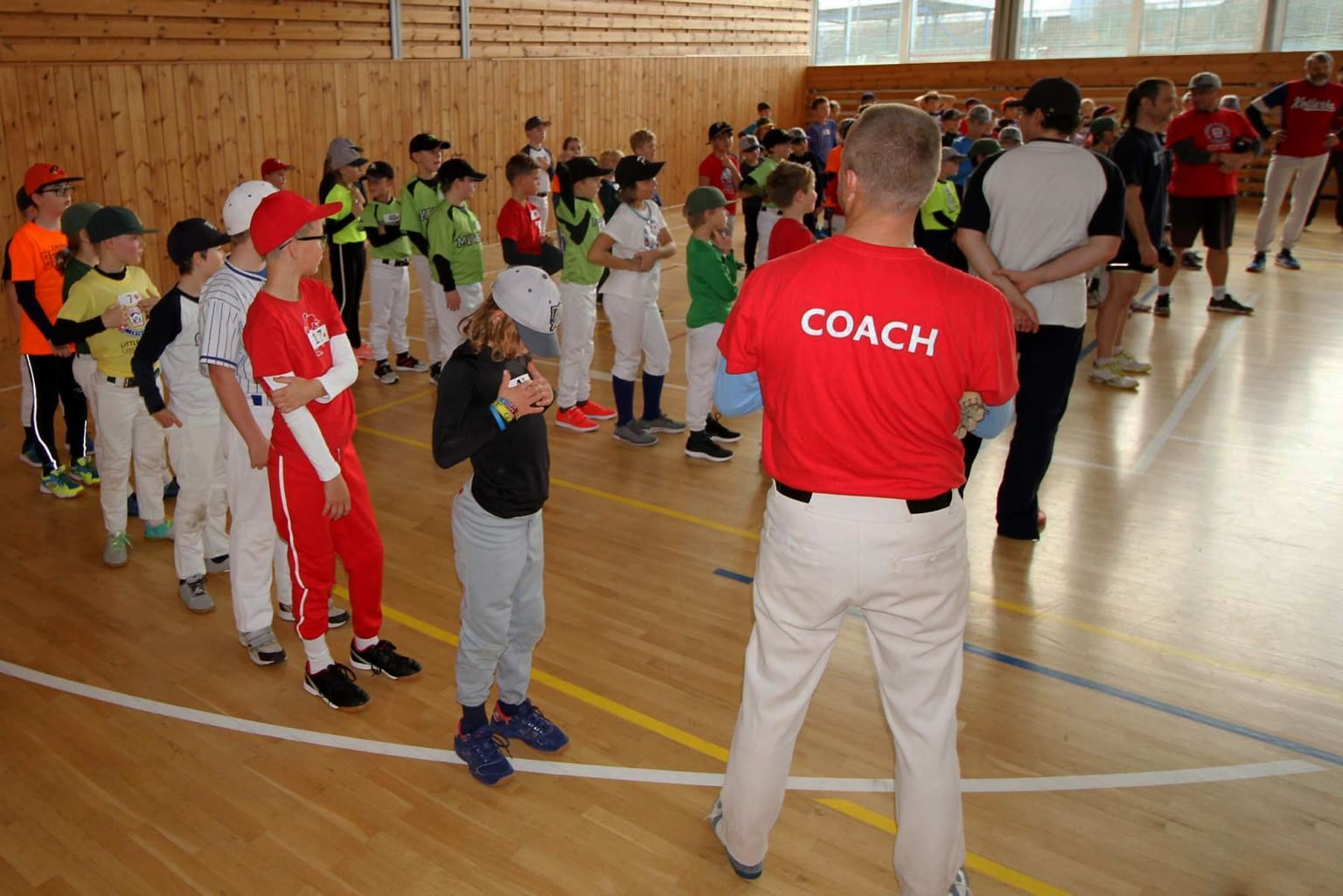Approach Tryouts with Every Player In Mind

Tryouts can be a trying time for Little Leaguers®, parents, and coaches alike. Players often stress over putting themselves on-stage for judgment by peers and adults whose approval seems all-important. Parents may worry about how to help their children process those judgments, especially if players do not fare as well as they hoped. And for coaches, well, nobody wants to be the bearer of bad news.
Reframing a “tryout” as a “skills assessment” helps parents and players understand that coaches are gauging players’ relative abilities, not permanently separating them from their friends based on talent of popularity.
So, here are a few ideas on how Little League administrators, managers, and coaches can make tryouts as positive as possible.
Don’t Call Them “Tryouts” if They’re Not:
The word “Tryout” implies that players will be cut or unable to play at their chosen level. Often, a “tryout” is really a “skills assessment,” which coaches can use to decide how to assemble balanced, competitive teams for their league.
Reframing a “tryout” as a “skills assessment” helps parents and players understand that coaches are gauging players’ relative abilities, not permanently separating them from their friends based on talent of popularity. With that understanding, and the knowledge that there is a place in the league for every player, removing the word “tryout” also removes some performance anxiety. Reduced anxiety often means improved performance.
Set the Table:
Administrators or coaches conducting the skills assessment should explain their criteria to everyone at the same time. That way, players (and any parents who are present) all understand what coaches hope to see, and there is less chance for misunderstanding why a player ranked at a certain level.
Treat Players Equally:
Take great care to maintain impartiality and the appearance of impartiality. For example, if you know some of the players being assessed, you may be tempted to reduce the number of repetitions of a certain skill because you already know those players’ capabilities.
However, this may be seen as unfair, because a reduced number of reps for some players lets them conserve energy, while players who do more reps diminish their stamina. That leaves parents and players open to a lot of negative emotion (and perhaps even worse fallout) from perceived inequities in the skills assessment process.
Another place where inequity – real or perceived – may appear is in how much you encourage each player. If you want to coach or instruct any players during the assessment sessions, be ready to do so for all players. And if you boost one player after a mistake, then boost them all. Otherwise, some athletes gain an advantage from having their “emotional tanks” refilled while others are left with empty tanks. Sensitivity to these issues may even extend to refraining from calling any players by name unless you are able to call them all by name.
Keep the Player Assignment Process Dignified:
Sooner or later, you may have to tell some players (and/or their parents) that they did not reach the level they hoped, such as the younger player who wants to make the jump to the Major Division. If at all possible, do this privately and face-to-face or by telephone with each player and his/her parent.
Ideally, you would pinpoint some encouraging elements of that player’s effort and provide advice on how he or she can better prepare for the next season’s assessment, or for end-of-season all-star tryouts. As honest as these conversations must be – and as painful as they often are – there still should be plenty of room for encouragement.
If nothing else, a coach can provide a heartfelt thank you to all the players who put themselves on the line and gave their very best. That way, you as coach also have given your best.
Story submitted by David Jacobson, Positive Coaching Alliance